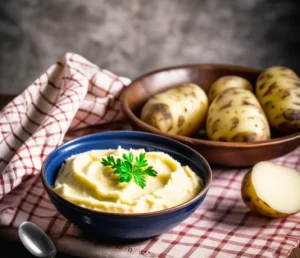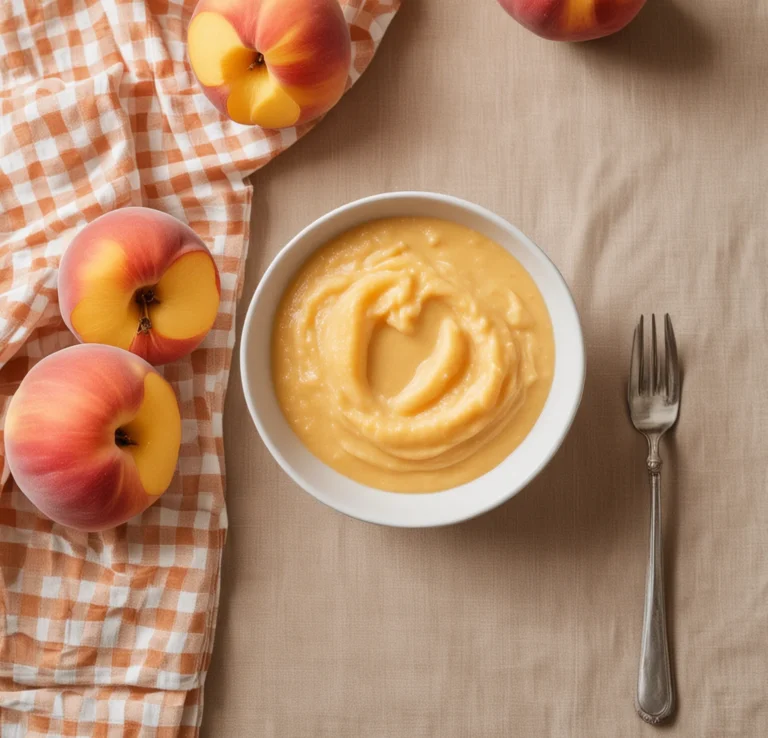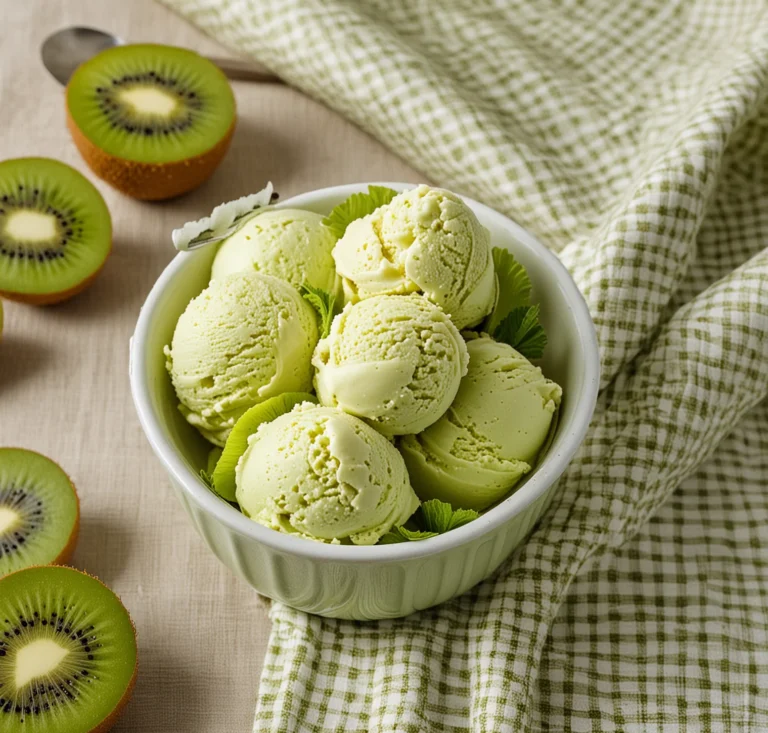Eggs for babies stand out as an excellent protein source, particularly beneficial for infants. Recent studies suggest that egg yolk can safely be introduced into a baby’s diet from eight months, while the egg white should be introduced after twelve months.
Some parents introduce eggs to babies as early as six months to prevent allergies. However, consulting a pediatrician before incorporating eggs into your baby’s diet is crucial.
Nutritional Value of Eggs for babies
Eggs for babies are packed with essential nutrients, including high-quality proteins, minerals like copper, zinc, selenium, calcium, and vitamins such as E, D, choline, folate, and B12. Here’s a breakdown of the nutritional value of one egg (approximately 50 grams):
- 68 calories
- Total fat: 4.5 grams
- Saturated fat: 1.5 grams
- Cholesterol: 183 mg
- Sodium: 61.5 mg
- Total carbohydrates: 0
- Dietary fiber: 0
- Total sugars: 0
- Protein: 6.6 grams
- Vitamin D: 0.43 micrograms
- Calcium: 25 mg
- Iron: 0.9 mg
- Potassium: 69 mg
Comparison of Yolk and White
While both egg yolk and white offer nutritional benefits, the egg white is lower in calories, carbohydrates, and fat. However, it contains more than half of all the nutrients found in an egg. Despite its nutritional richness, egg white is a known allergen, making it advisable to start with egg yolk when introducing eggs to babies.
- Egg White: Rich in protein, low in calories, carbohydrates, and fat.
- Yolk: Contains fat, saturated fat, and cholesterol, but also provides essential fatty acids, fat-soluble vitamins, iron, and calcium. Egg yolk typically doesn’t cause allergies in babies.
Benefits of Eggs for Babies
- Digestion and Immunity: Eggs contain minerals like calcium, selenium, and zinc, which boost the immune system and support cell regeneration.
- Brain Development: Choline and cholesterol in egg yolk aid in brain development and hormone production.
- Liver Function: Sulfur in eggs assists in vitamin B12 absorption and collagen production.
- Eye Health: Antioxidants like lutein and zeaxanthin in eggs protect against vision loss.
Some important tips about choosing and cooking eggs for babies
Choosing and Storing Eggs
To ensure freshness, perform a simple water test: fresh eggs sink, while older ones float due to increased air cavity. Store eggs properly, consuming them before the expiration date or within seven days of purchase.
Tips for Cooking with Eggs
Once your baby turns one year old, they can consume whole eggs in various forms such as boiled, poached, or scrambled. Avoid adding eggs to products like mayonnaise for babies, and refrain from adding sugar or salt to egg yolk for babies under one year old. Always cook eggs thoroughly to prevent foodborne illnesses.
Reducing Egg Allergy Risk
To minimize the risk of egg allergies, consider these strategies:
- Regularly consume eggs during pregnancy and breastfeeding.
- Introduce eggs into the baby’s diet around six months.
- Seek guidance from a healthcare professional.
Egg Recipes for Babies
Egg and Potato Puree for Babies
Ingredients:
- 1 medium potato
- Egg yolks from 2 eggs
- Optional: Other purees like carrot, spinach, or broccoli
- A little butter
Instructions:
- Steam or bake the potato until tender, then mash it thoroughly.
- Cook the egg yolks by boiling or steaming until fully cooked.
- Mix the cooked egg yolks with the mashed potato until well combined.
- Optionally, mix in other purees like carrot, spinach, or broccoli for added flavor and nutrients.
- Ensure all ingredients are well-mashed and blended for a smooth texture.
- Cool the mixture to room temperature before serving to your baby.

Egg and Yogurt Puree for Babies
Ingredients:
- Eggs (yolks for babies under 1 year, whole egg for older children)
- Yogurt
- A little breast milk or water to adjust consistency
- Optional: Salt and pepper for older children
Instructions:
- For babies under one year old, use only egg yolks. For older children, use whole eggs.
- Puree the cooked eggs completely and mix with yogurt to achieve a soft and creamy texture.
- If the puree is too thick, dilute it with a little breast milk or water.
- Ensure all ingredients are well-blended and smooth.
- Serve the puree on a baby plate or allow your child to eat it with their hands, under supervision.
- Store any leftovers in the refrigerator for up to 2 days.

Scrambled Eggs with Yogurt for Babies
Ingredients:
- 2 large eggs
- 2 tablespoons Greek or homemade yogurt
- A little salt and pepper for older children (optional)
- 1 teaspoon butter
Instructions:
- In a bowl, whisk together the eggs and yogurt until well combined.
- Heat a pan and melt the butter.
- Pour the egg and yogurt mixture into the pan and wait for 15 seconds.
- Stir the eggs gently until fully cooked and scrambled.
- Serve on a baby plate, accompanied by slices of strawberry for added flavor.
- Ensure your baby eats under supervision, especially with finger foods.
- Store any leftovers in the refrigerator for up to 2 days.

Simple Banana Pancake for Babies
Ingredients:
- 2 small eggs
- 1 large ripe banana
- Optional: Nut powder and honey for older children
- A little butter for cooking
Instructions:
- Mash the banana well with a fork and mix with beaten eggs until smooth.
- Heat a pan over low heat and grease it with butter.
- Spoon the pancake batter into the pan and cook until golden brown on both sides.
- Ensure the pancake is cooked through before serving.
- For younger babies, use more banana than eggs.
- Avoid adding honey for babies under one year old.
- Cut the pancakes into rectangles for easier handling by your baby.
- Introduce this pancake to your baby after ensuring they are not allergic to eggs and bananas.

Remember to monitor your baby’s reaction to new foods and consult with a healthcare provider before introducing eggs into their diet.




[…] here to read the article about Eggs for Babies; Benefits and Simple […]